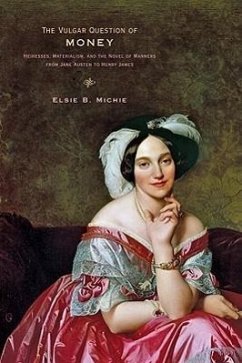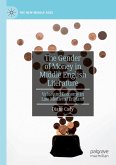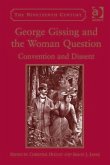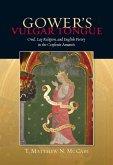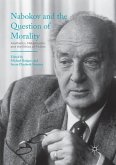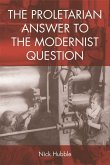Focuses in particular on the character of the wealthy heiress and how she, unlike her male counterparts, represents the tensions in British society between the desire for wealth and advancement and the fear that economic development would blur the traditional boundaries of social classes.
It is a familiar story line in nineteenth-century English novels: a hero must choose between money and love, between the wealthy, materialistic, status-conscious woman who could enhance his social position and the poorer, altruistic, independent-minded woman whom he loves. Elsie B. Michie explains what this common marriage plot reveals about changing reactions to money in British culture. Michie explores how novelists of the period captured England's ambivalent emotional responses to its own financial successes and engaged questions identical to those raised by political economists and moral philosophers. Each chapter reads a novelist alongside a contemporary thinker, tracing the development of capitalism in Britain: Jane Austen and Adam Smith and the rise of commercial society, Frances Trollope and Thomas Robert Malthus and industrialism, Anthony Trollope and Walter Bagehot and the political influence of money, Margaret Oliphant and John Stuart Mill and professionalism and managerial capitalism, and Henry James and Georg Simmel and the shift of economic dominance from England to America. "Bold, engaging, and richly complicated . . . It is immensely valuable in calling our attention to the relationship between nineteenth-century marriage plots and the discourses of political economy generally and to the maligned but ubiquitous figure of the heiress in particular, challenging critics today to overcome their own sense of money as a vulgar question."-- Review of English Studies "The mixture of laughter, guilt, and envy that characterizes our culture's response to the unattractive rich woman is fully explored and exorcized in this closely argued study."--Nineteenth-Century Literature "An indispensable survey of the figure of the rich woman in the novel of manners . . . Michie's writing is clear, precise, and lucid. An important work. Essential."--Choice "One of the most valuable pieces of criticism this year. The emphasis and clarity of its writing is a delight in itself."--Nineteenth-Century Gender Studies
It is a familiar story line in nineteenth-century English novels: a hero must choose between money and love, between the wealthy, materialistic, status-conscious woman who could enhance his social position and the poorer, altruistic, independent-minded woman whom he loves. Elsie B. Michie explains what this common marriage plot reveals about changing reactions to money in British culture. Michie explores how novelists of the period captured England's ambivalent emotional responses to its own financial successes and engaged questions identical to those raised by political economists and moral philosophers. Each chapter reads a novelist alongside a contemporary thinker, tracing the development of capitalism in Britain: Jane Austen and Adam Smith and the rise of commercial society, Frances Trollope and Thomas Robert Malthus and industrialism, Anthony Trollope and Walter Bagehot and the political influence of money, Margaret Oliphant and John Stuart Mill and professionalism and managerial capitalism, and Henry James and Georg Simmel and the shift of economic dominance from England to America. "Bold, engaging, and richly complicated . . . It is immensely valuable in calling our attention to the relationship between nineteenth-century marriage plots and the discourses of political economy generally and to the maligned but ubiquitous figure of the heiress in particular, challenging critics today to overcome their own sense of money as a vulgar question."-- Review of English Studies "The mixture of laughter, guilt, and envy that characterizes our culture's response to the unattractive rich woman is fully explored and exorcized in this closely argued study."--Nineteenth-Century Literature "An indispensable survey of the figure of the rich woman in the novel of manners . . . Michie's writing is clear, precise, and lucid. An important work. Essential."--Choice "One of the most valuable pieces of criticism this year. The emphasis and clarity of its writing is a delight in itself."--Nineteenth-Century Gender Studies

